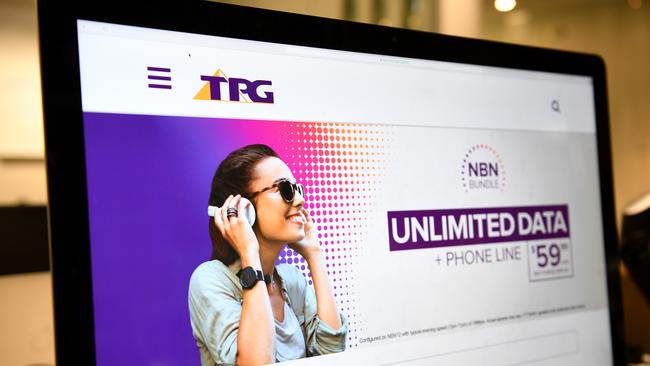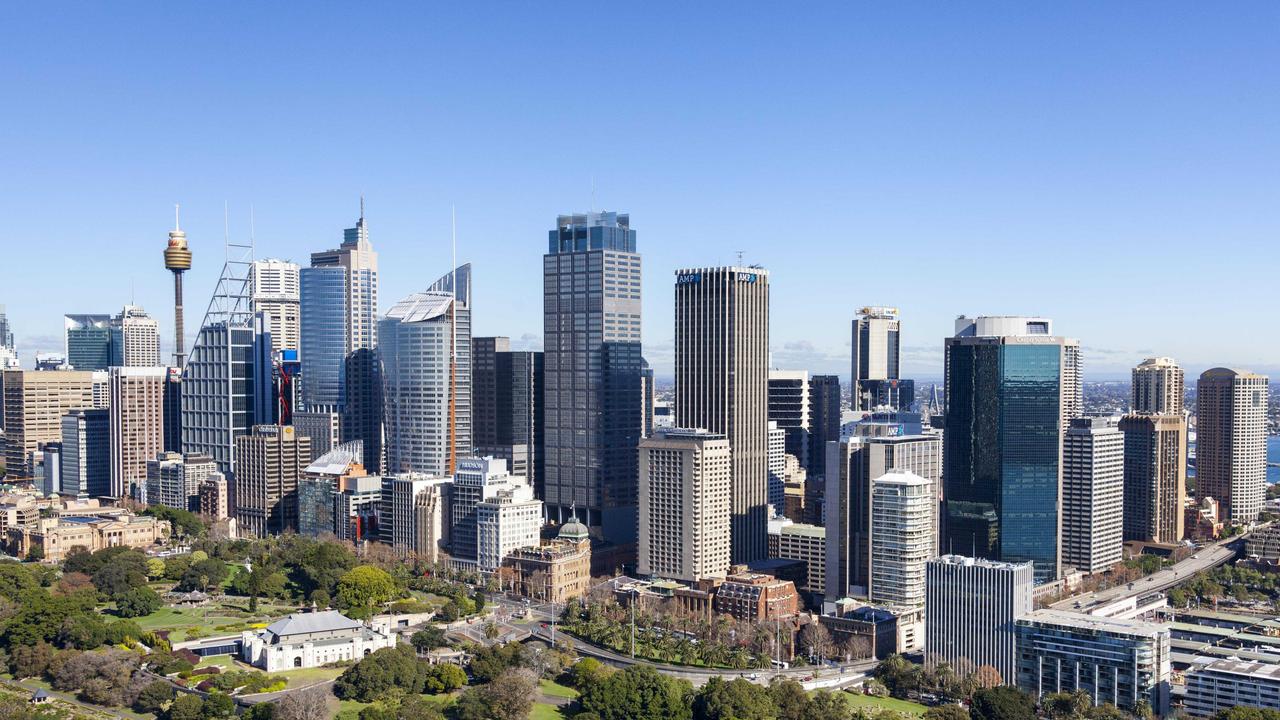
The $9.8bn Australian listed telecommunications company TPG Telecom is believed to be preparing to bring its non-mobile fibre assets back to market in the months ahead.
Sources say that TPG Telecom currently has a large team examining the company’s capital costs and possible funding options.
The thinking is a second sale attempt is being planned with improving market conditions in the not-too-distant future.
TPG halted talks with Macquarie-backed rival telecommunications company Vocus Group in November over a sale and leaseback of its non-mobile fibre assets in a deal expected to be worth about $6.3bn.
That deal came after a strategic review was taking place that included a sale process for its Vision Network business, which connects homes to the internet.
Vocus was originally weighing an acquisition of Vision, but then became more keen on a broader deal.
The transaction stalled in November after both groups could not agree on operation and commercial terms.
TPG Telecom refinanced $2.5bn of debt last year and still has further debt to refinance.
At June 30, its debt balance was $3.97bn.
Working closely with the company on a strategic review, with remains ongoing since last year, is Bank of America.
TPG Telecom, Australia’s third biggest telco, is due to report its results on February 26.
Aiding any sale process will be improving conditions in the US debt markets.
Vocus made an unsolicited bid for TPG’s “mini NBN” fixed infrastructure assets — including Vision Network, which services about 400,000 customers.
But once the pair engaged in talks, the deal increased dramatically in scale to include TPG’s broadband assets, which would have effectively doubled Vocus’ market share in the business and government space, rivalling beleaguered Optus.
Separating out assets in a telecommunications company is a tricky exercise as rival Telstra only knows too well with its infrastructure unit it created called Telstra InfraCo.
That took about two years.
Part of the Vocus negotiations would involve long-term supply contracts.
The question is whether Vocus comes back and takes a second look at the offering, or whether pension funds line up.
A private equity firm like Kohlberg Kravis Roberts may also take a look.
At the time that the deal stalled, TPG had said it had received ongoing strong interest from potential strategic and financial investors in its fixed infrastructure assets.
However, any new proposal was likely to be reduced in its scale.
TPG’s enterprise, government and wholesale (EGW) assets and associated fixed infrastructure assets contributed about 21 per cent of its total revenue for the first half of 2023, according to its financial results.
It has about a 10 per cent share of the enterprise, government and wholesale market, the same as Vocus, with Optus having 20 per cent and Telstra controlling the rest.
TPG last year sold its mobile towers and rooftop infrastructure to Canadian pension fund OMERS in a deal worth $950m, a move chief executive Inaki Berroeta said would help the telco repay its bank debts.



